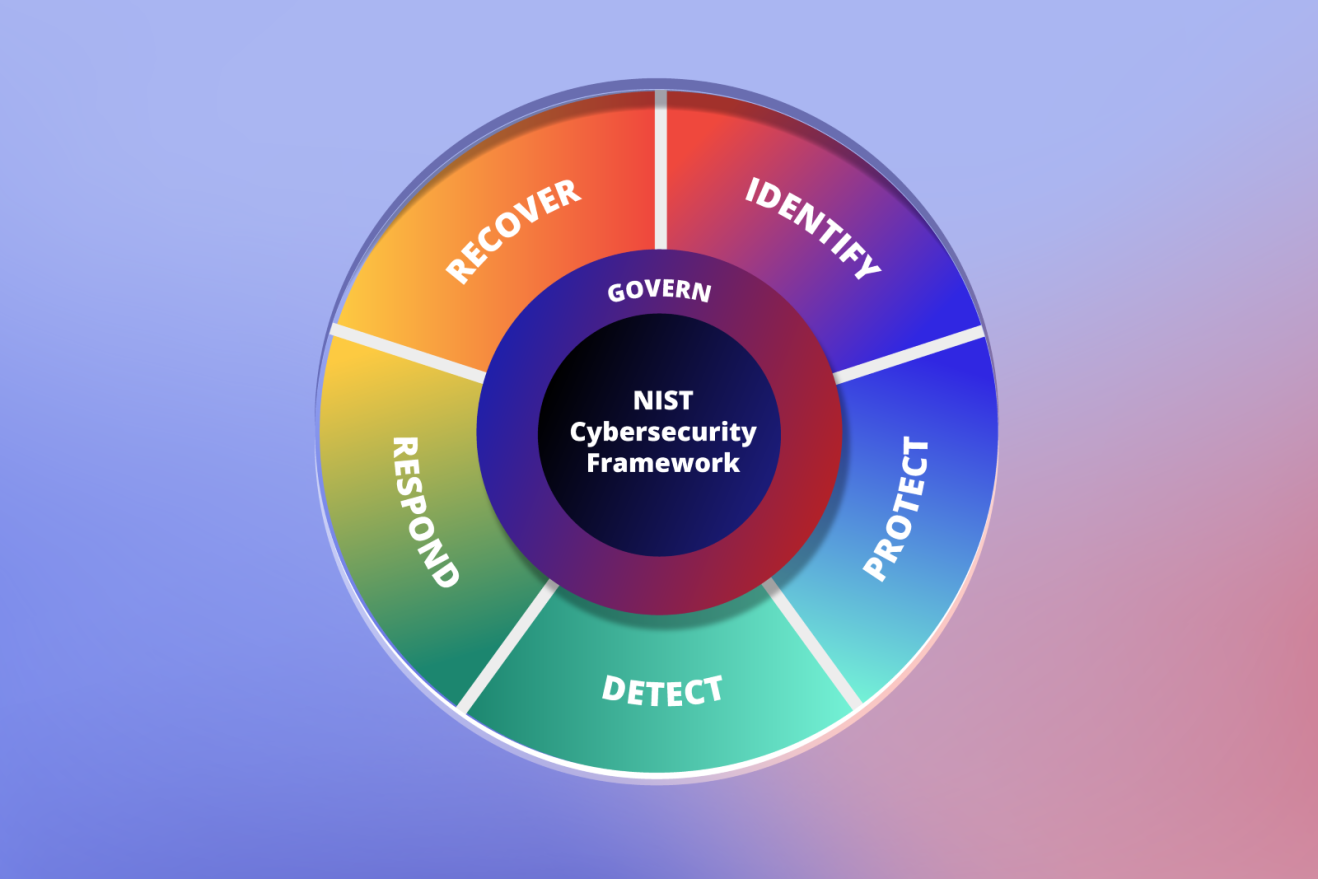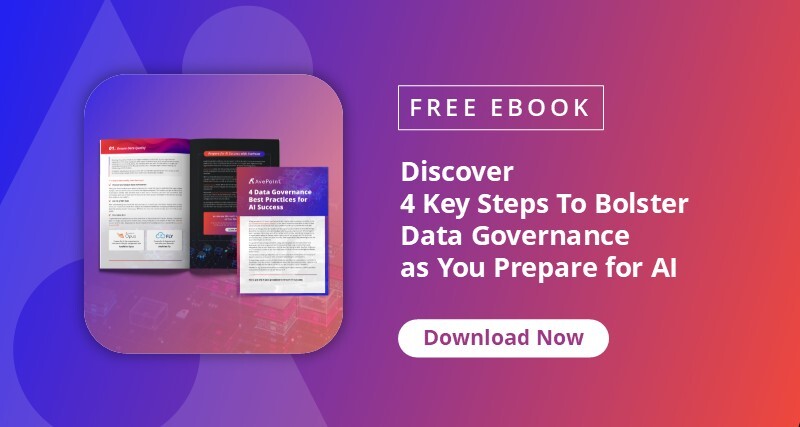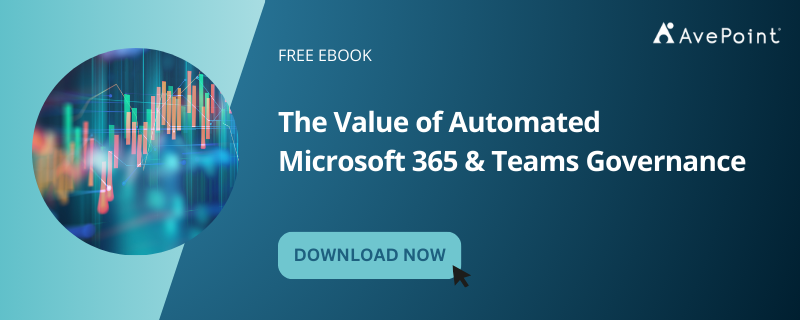The U.S. National Institute of Standards and Technology (NIST) recently updated its Cybersecurity Framework (CSF 2.0), a timely refresh of the 2014 version, designed to strengthen the data security of organizations amid today’s growing cyberthreats. A Forrester study published in 2023 confirms this trend: 77% of businesses experienced at least one data breach in the past 12 months, suggesting that cybercriminals continue to see the digital landscape as fertile ground for their malicious ends.
Aside from expanding its coverage beyond critical infrastructure to include all types of industries, sectors, and organizations, a significant change in the CSF 2.0 is the addition of a sixth function called Govern, underscoring the importance of data governance in cybersecurity. By doing so, the NIST integrates this function into broader enterprise risk management.
Drawing from AvePoint’s leadership in data management for more than two decades, we’ll share strategies to help organizations implement the new framework to support their data security goals. We’ll also discuss what you need to know to stay compliant and maximize the benefits offered by this helpful measure.

Why Data Governance is Critical for Modern Cybersecurity
The elevation of Govern as a core function of the CSF 2.0 highlights the critical role of data governance in attaining a strong cybersecurity stance. Some of the biggest challenges organizations grapple with today include:
- Exponential growth of data: IDC predicts that the global data sphere will more than double in size between 2022 and 2026. This makes managing your data more challenging, which could result in vulnerabilities in your data repositories.
- Reliance on digital tools: Digital tools generate an enormous amount of data that leads to complex data types, requiring specialized governance strategies.
- Rapid advancement of attack mechanisms: This poses a significant concern for organizations because it directly threatens the integrity, availability, and confidentiality of their data assets.
These issues require a firm grip on your entire digital workplace to ensure that nothing slips through the cracks, a job that governance is well suited to accomplish.
Data governance ensures strategies for risk mitigation are seamlessly woven into your operations, policies, and decision-making, leading to order, transparency, and accountability.
So how does implementing governance help organizations in data risk management and improve their cybersecurity defenses? We share insights in the next section.
Complying with the Changes to the NIST CSF 2.0: How AvePoint Can Help
Data governance is vital to achieving data risk management because a data governance framework enables you to identify inherent data risks, which occur in the absence of control. To establish this, we recommend a two-phase approach.
First is to define what data needs to be protected by classifying content based on your business rules. Second is to protect the data by creating permissions and access controls based on your workspace sensitivity and considering the types of data stored there.

The first phase works at the granular level of information management, while the second phase works at the broader level of creating systems for efficient and secure workspaces.
There are advanced tools for accomplishing the first phase of this approach such as AvePoint Opus, designed to manage the information lifecycle from creation, archiving, and disposal of data. AvePoint Maestro, the AI-powered classification feature of AvePoint Opus, enables organizations to identify high-value content, tagging and classifying data at scale while automatically applying the appropriate lifecycle policies.
Solutions like AvePoint Cloud Governance take care of the second phase by providing a comprehensive management platform for establishing rules that can be applied consistently and automatically across your organizations’ workspaces to make data management easier while helping reduce risks. The consistent and automatic application of rules to your workspaces builds a secure foundation for collaboration.
AvePoint Opus and Cloud Governance work like a one-two punch: The former creates systems for managing data lifecycle to ensure all data is visible, accounted for, and protected, while the latter ensures users interact with data within well-managed workspaces by creating bigger scale systems that foster order, transparency, and accountability.
Level Up Your Strategy for NIST CSF 2.0 Compliance with AvePoint
The CSF 2.0 is a valuable resource for organizations looking to bolster their data security against growing cyber threats. Establishing robust data governance and maintaining it long-term can be a daunting task, but there are powerful solutions that can help you implement the CSF 2.0 with confidence so you can ramp up your defenses and build resilience.
AvePoint offers a holistic approach to help organizations bring the CSF 2.0 to life with solutions that help them more effectively manage cyber risks by defining what data to protect, how to protect it, and who can access it, while enabling continuous monitoring and auditing of the protection measures for your peace of mind.
We share more helpful insights in our eBook titled The Value of Automating Governance.


